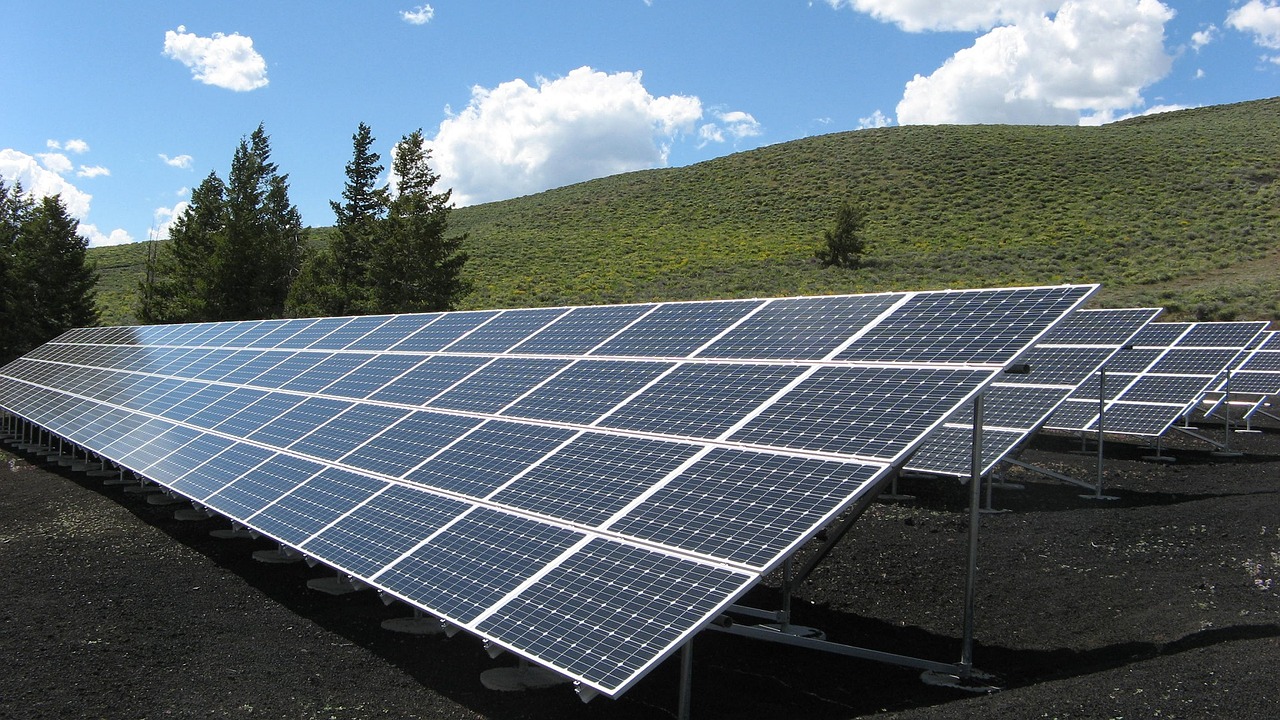Full property tax payments are a significant operating cost for wind and solar projects in New York, and yet are an important source of revenue for local communities to support schools and services. The process of understanding and negotiating a project’s tax liability and negotiating mitigation of tax payments through PILOT agreements can be confusing and uncertain for both developers and taxing jurisdictions. If an involved tax jurisdiction, or an Industrial Development Agency (IDA), insists upon a property tax payment level that does not reflect the operating economics of a proposed renewable energy project, it will not be built. If the revenue isn’t sufficient for the host community, there is low incentive to accept the project.
Residential and small-scale solar installations have been constructed for years in New York. While utility-scale solar projects are now being developed in New York, utility-scale wind projects have been in operation since the early 2000’s. Many small-scale installations (of both sorts) have, in the past, received a 15-year tax exemption under Section 487 of the Real Property Tax Law. Local tax jurisdictions also have the choice to opt-out of Section 487 exemption, requiring that the developer pay the full tax liability, or they may enter an agreement for payment in lieu of tax (PILOT). Negotiation of PILOTS with the local tax jurisdictions or the county IDA is a common practice with utility-scale wind developers in NY and is becoming more likely for utility-scale solar projects.
The two options employ different exemption platforms and different processes to create and implement but involve similar discussions regarding the benchmark tax valuation and level of payment. IDA exemption terms can be significantly longer and come with 100% sales tax exemption on construction costs and 100% mortgage recording tax exemption for project financing. Valuation of generating facilities has always been difficult (both as to the scope of property subject to taxation and the valuation of taxable improvements). Towns are unsure how to treat such facilities, and school districts and counties typically have no experience in the valuation of property. Thus, developers are forced to negotiate with inexperienced counterparties on a landscape that is uncertain.
Inexperience, the lack of a clear valuation landscape, or opposition to the development could create an effective veto by allowing tax jurisdiction(s) to insist upon property taxation too high for an intermittently-available generator to be economically viable. Developers will not begin construction of a project with the potential uncertainty of excessive taxation or litigation over these issues.
The current approach also creates challenges for towns and counties that rely heavily on property tax revenues to support local schools and services. These revenues are already constrained by New York State law, which limits the annual increase in property tax to the lesser of 2% or the rate of inflation. Although renewable energy projects do not impose direct expenses on a community, full tax exemption of renewable projects, particularly utility-scale projects, could make projects significantly less attractive to cash-strapped municipalities. However, there is inconsistent knowledge and experience among assessors and IDAs across the State in interpreting and applying RPTL 487 and executing PILOTS.
For solar projects, NYSERDA should issue guidance for the legal framework and parameters that are considered in negotiating solar PILOTs. In drafting this guidance, the State may want to consider that smaller solar projects selling power to non-profit entities, community-scale projects of all renewable technologies up to 20 MW, community distributed generation projects, or behind the meter renewable projects are best encouraged by full tax exemption. Communities and developers should be encouraged to begin early to collaborate on taxation issues, even small-scale projects that are not subject to Article 10.
Switch to solar and get a free consultation by contacting us or calling 516.855.7283 today!
Follow us on Twitter and Instagram @ysgsolar

